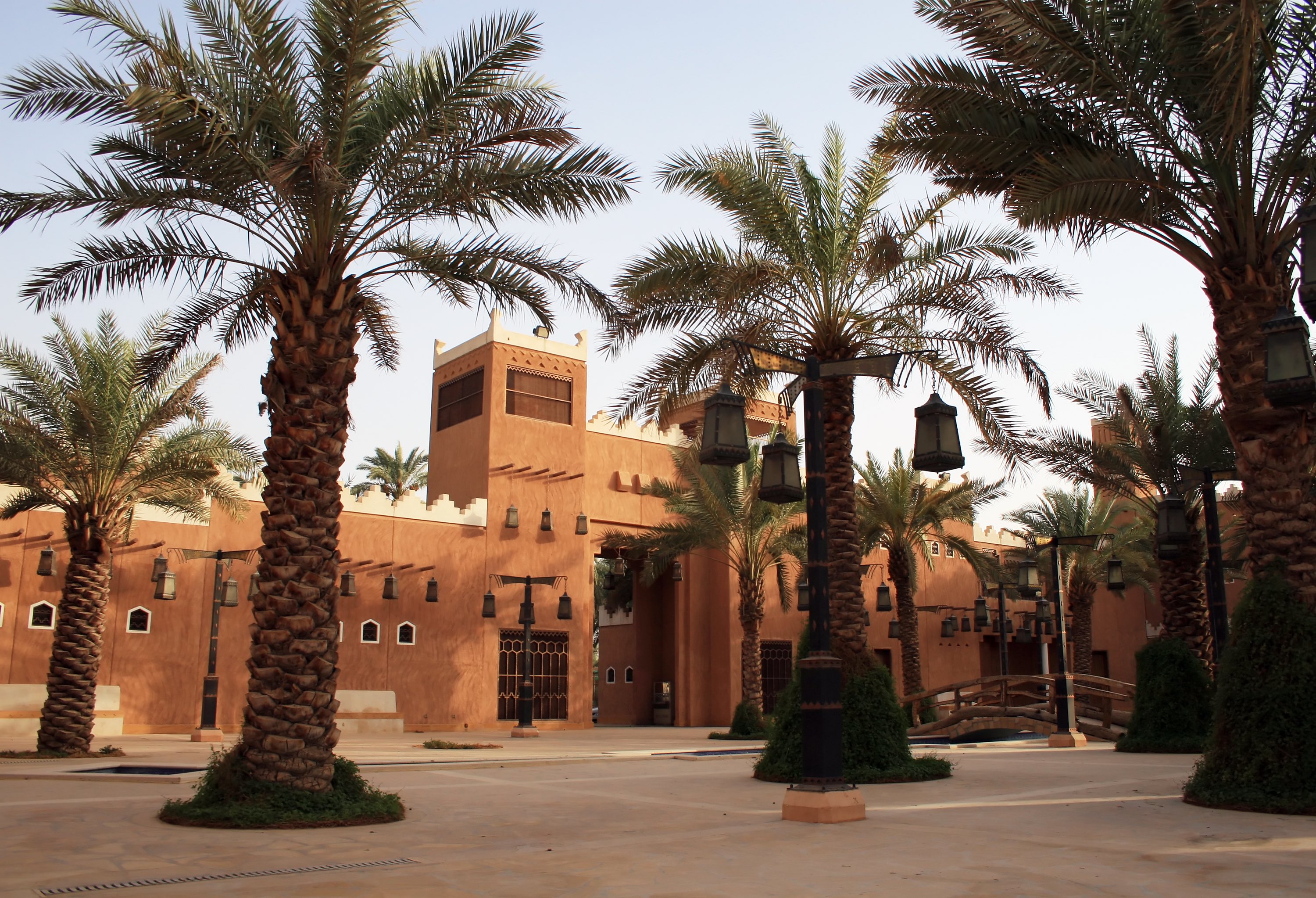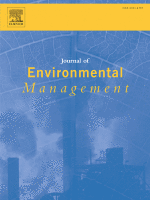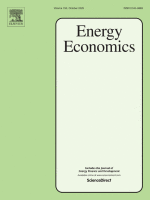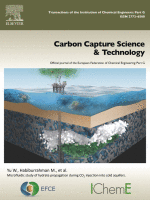
![Raphael Apeaning 3[22] Copy](/media/qawpzcig/raphael-apeaning-3-22-copy.png?width=284&height=284&v=1dbdf549e52b930)

About
Raphael Apeaning is a Lead Researcher in the Climate and Sustainability Program at KAPSARC and an integrated assessment modeler with expertise in energy transition strategies and policy. Prior to joining KAPSARC, he was a researcher at the Institute for Responsible Carbon Removal in Washington, DC, where he contributed to expanding the portfolio of carbon dioxide removal technologies for climate modeling and to developing market mechanisms for negative emission technologies.
Education
2014-08-25 - 2019-12-20
Stony Brook University
PhD - Technology, Policy & Innovation
2009-01-01 - 2012-01-01
Linkoping University
Master - Mechanical Engineering
2006-01-01 - 2009-01-01
Kwame Nkrumah University of Science & Technology
Bachelor - Agricultural Enigneering
Publications

21 January 2026
Techno-Economic Comparison of Energy System Configurations for Direct Air Capture in Saudi ArabiaDirect air capture (DAC) is anticipated to play a pivotal role in Saudi Arabia’s net-zero strategy, particularly in offsetting residua...2/year. Our analysis indicates that the LCOD ranges from $285 to $826 per tonne, with heat source selection emerging as the dominant cost driver.

21 December 2025
Differentiating Upstream Crude Oil Carbon Intensities in a Net-Zero WorldThis study examines how leveraging upstream carbon intensities as a policy lever could reshape crude oil market dynamics, competitiveness, and asset stranding under net-zero pathways. Using GCAM-KSA with harmonised, field-level CI data, we simulate scenarios with uniform and heterogen...

01 June 2025
Integrating Fairness Principles into Global Net-Zero Targets A Systematic Exploration of Fair Climate PolicyEquity is a cornerstone of international climate policy, yet operationalizing “fair” burden-sharing remains challenging. Here we present a comprehensive effort-sharing framework that systematically spans a broad spectrum of principles, rather than limiting analysis to a few discrete ...

16 April 2025
Limiting Carbon Dioxide Removal Could Exacerbate Global Economic Inequality
The Paris Agreement’s goal of limiting global warming to well below 2 degrees Celsius (°C), and ideally 1.5°C, above pre-industrial levels, places significant emphasis on carbon dioxide removal (CDR) technologies. However, the global landscape for CDR deployment remains uneven, with s...

29 December 2024
Harnessing Heat from the Refinery and Petrochemical Sectors for Future Commercial-Scale DAC Systems in Saudi ArabiaAs the global community commits to achieving net-zero carbon emissions, innovative strategies such as Direct Air Capture (DAC) are gaining prominence. DAC, a key carbon dioxide removal (CDR) technology, is energy intensive and requires large amounts of heat and electricity. To ensure...

02 December 2024
Key Drivers of Decarbonizing Hard- to-Abate Energy- System Sectors by Midcenturyo limit global warming to 1.5°C or 2°C, achieving a net-zero or near-zero greenhouse gas emission energy system by midcentury is essential. This ambitious target requires the decarbonization of hard-to-abate sectors, particularly transportation and heavy industry. This study employs ...

05 November 2024
Assessing the Impact of Energy Transition Initiatives on the Policy Cost of Saudi Arabia’s Net- Zero AmbitionSaudi Arabia’s ambitious goal to achieve a net-zero economy by 2060 offers a unique opportunity for diversification away from fossil fuels while fostering long-term economic resilience and sustainability. Crucial to this transition are energy policies that steer the Kingdom from a fo...




